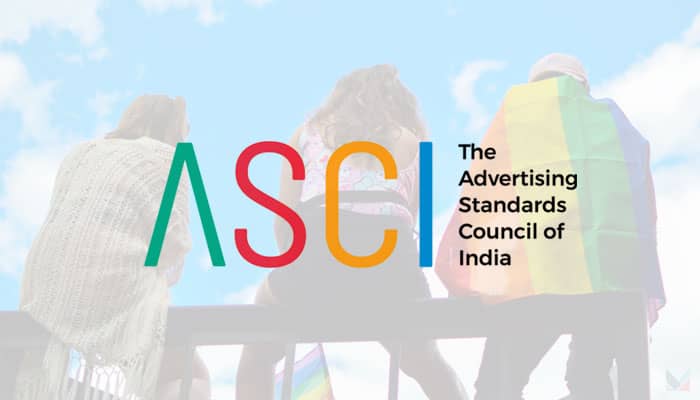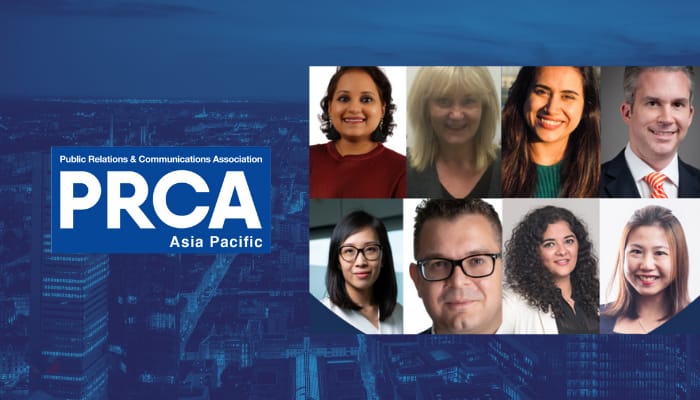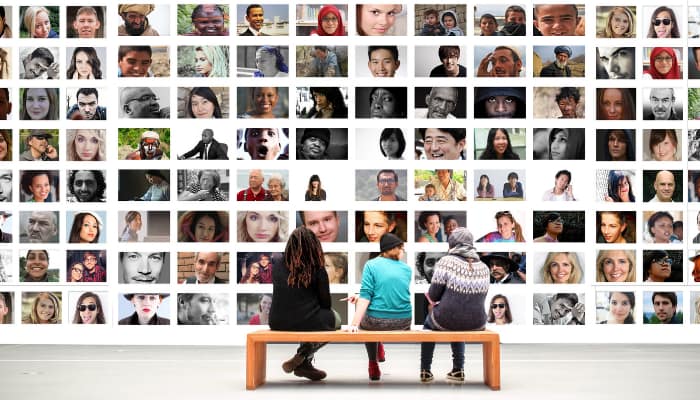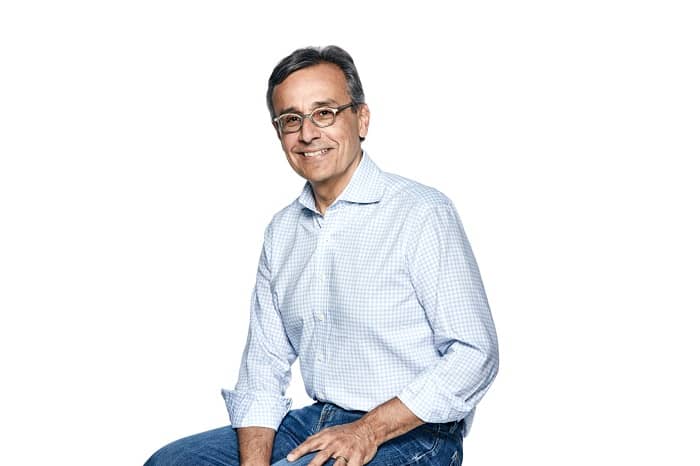Mumbai, India – The advertising regulatory body, Advertising Standards Council of India (ASCI), has updated its code to add greater inclusivity in advertising depictions, including new areas of possible discrimination or derision, such as gender identity and sexual orientation, body shape, age, and physical and mental conditions.
The new areas of the ASCI code, in addition to race, caste, creed, gender or nationality, will now be considered violations if an advertisement tries to mock or deride anyone on these bases. These changes to the ASCI code were approved by the board recently.
Talking about the changes, Manisha Kapoor, ASCI’s CEO and secretary-general, shared that they have seen consumers call out ads that mock or deride people, or portray them in unfavourable ways, and it is only fitting that advertising becomes more inclusive and sensitive to this.
“It is not acceptable for example, to associate characteristics such as sluggishness with a certain body shape. Similarly, to deride someone with a physical or mental ailment, or their gender identity would now violate the ASCI code. With this change, ASCI hopes to ensure that advertising becomes more inclusive and sensitised to all sections of our country, and does not perpetuate certain portrayals that have no place in a progressive society,” said Kapoor.







